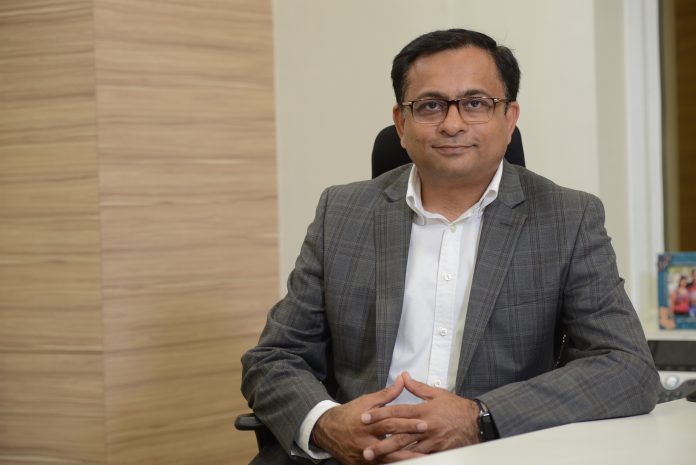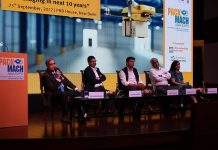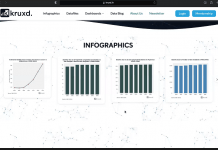Recently, Honeywell announced the launch of digital authentication technology for pharmaceutical products in a bid to fight rising counterfeit crime in India. Although the technology is new to India, the company seems confident about its potential in the country.
“Our sophisticated authentication technologies feature printing and substrates which can be easily identified but are difficult to alter and duplicate, making them stand apart from contemporaries,” Hitesh Mehta, general manager, advanced materials, Honeywell India, told Packaging South Asia.
“We offer protection for secondary and primary packaging and tamper-proof labeling. Secondary packaging includes the carton box; for primary packaging, we particularly address the protection of blisters. We also offer security labels that include our digital technology,” he added.
Honeywell’s embedded digital code
Honeywell’s digital authentication solution comprises a digital code that is embedded in the packaging of pharmaceutical products. Anybody can verify product authenticity by scanning the digital code using a smartphone camera and a Honeywell app for iOS and Android, which can be freely downloaded.
Honeywell’s digital authentication technology helps protect the brand and is a reliable tool for everybody in the value chain – warehouse and logistics partners, distributors, retailers, law enforcement agencies, and consumers.
Brand owners and manufacturers can define who can scan their products for authenticity and customize the content of result messages. Additionally, the solution delivers the necessary market intelligence to help understand where business losses occur and enable effective measures to prevent counterfeiting and diversion.
Monitoring software enables transparency concerning counterfeit rates and hot spots in the market. Pictures of the verification scans can be used in further interactions with authorities or supply chain stakeholders. The app can be customized to enable customers to display their brand and logo in the user interface.
Encouraging response from the Indian market
According to Mehta, the technology has a wide range of applications. Recently, Honeywell introduced this technology to detect counterfeit N95 respirators in the Middle East.
“Currently in India, we are focusing on the pharmaceutical industry,” Mehta said.
Honeywell India has so far got an encouraging response from some of the big names in the industry. There is a good amount of interest coming in from pharmaceutical and FMCG companies. “The counterfeit menace needs to be collectively tackled, and we have been combating the issue with positive support from stakeholders in the ecosystem,” Mehta said.
Citing news reports, Mehta said that an acute shortage of drugs to treat symptoms of COVID-19 has led to increased circulation of counterfeit medicines. Moreover, with the rising demand for vaccines, fake vaccines could find their way into circulation. The coronavirus pandemic has led to an influx of counterfeit medical products worldwide, he said.
“Therefore, it is imperative to introduce measures to ensure only genuine products are bought and sold. This solution is one of the simplest to implement for manufacturers and is user-friendly for all stakeholders in the value chain,” Mehta said.
Mehta said that this is a new concept for counterfeit prevention in India. In other regions, the uptake of this technology has been encouraging.
“We are confident about its potential in India, given that the country ranks third worldwide in pharmaceutical production. Our focus is currently on the brand owners. The printers and convertors will come next in the value chain,” he concluded.









